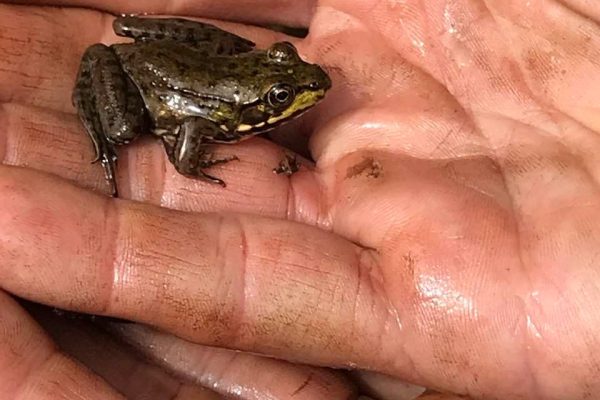Egypt (Mitzrayim) is the narrow place. It is a place of the hardened heart and constricted perspective that walls off connection and relationship. It is a place of fear, anxiety and mistrust that makes it difficult to be compassionate, understanding and generous.
As we raise our cups this year, let us set the intention to leave mitzrayim again and again and again. With each cup, let us keep softening our hearts, expanding our awareness and returning to the present moment so we can be here for each other and respond well to the calls of these times.
First Cup: To Those Who Have Gone Before Us
We remember family and friends with whom we have shared the seder table. We remember people in our lives and in the life of the world who have taught and inspired us.
We raise our cups and call out their names and a teaching or attribute their lives brought.
May the light and love of those who have gone before us guide us well.
May the words of our mouths and work of our hands honor their memories and bring blessing to all.
Second Cup: To the Gifts of Spring
Pesakh comes on the wings of spring, trees budding, flowers in bloom, the earth in celebration of renewal and possibility. We dedicate the second cup to the gifts of spring and ask to be lifted and encouraged by the beauty of the natural world.
Raising our cups, we name something in the natural world that brings us amazement, joy, wonder, inspiration, delight.
Blessed is the Mystery that weaves beauty and creates harmony.
Third Cup: Praying with the News
Upon all our hearts and minds are the circumstances of these times.
For this third cup we acknowledge the truths of this moment and as we do, we turn our attention toward compassion and connection by “praying with the news.”
Lifting our cups we say prayers for those we are concerned about, prayers for those on the front lines. We offer prayers for the outcomes we hope for and what we wish for each other and the world. Turning our attention this way can help us be present and not be consumed by unhelpful emotions and responses.
After offering our prayers we say:
May our prayers be rooted. May they rise like incense. May our prayers be received as a gift.
Psalm 141:2
Fourth Cup: Goodness
There is so much good in the world. There are so many people acting with compassion, generosity, kindness, wisdom and care. In honor of the fourth cup we share stories of goodness, acts of kindness and generosity we witnessed, received or bestowed. Let these stories inspire and strengthen us. May they give us faith and courage.
After sharing stories we say:
Hodu l‘adonai ki tov, ki l’olam hasdo
“We give thanks for all the good. For love transcends time and space. Love and goodness are forever.”
Psalm 118:1










